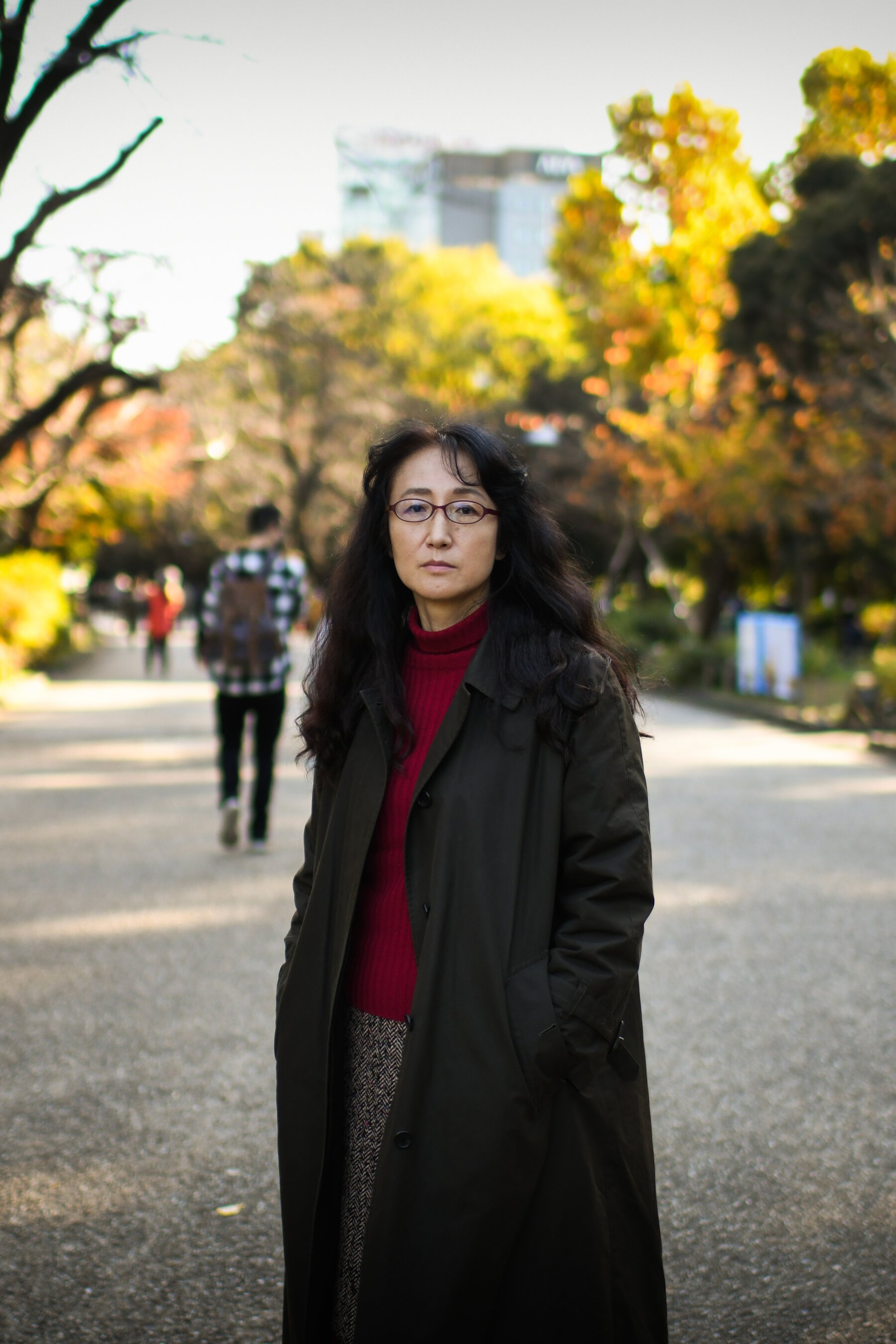Articles.

The Homeless Japanese ghost by Miri Yu
If I had to recommend a book to start with Japanese literature, I would recommend this book. It is a great introduction that shows all the wonders of this type of literature…

If I had to recommend a book to start with Japanese literature, I would recommend this book. It is a great introduction that shows all the wonders of this type of literature…